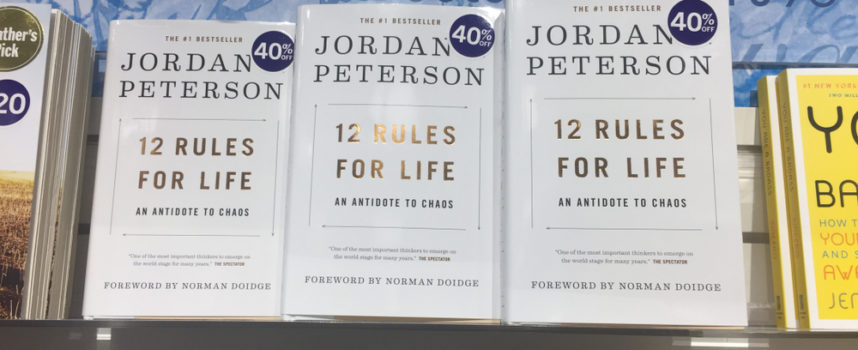Tag "Charles Taylor"
During the middle of the twentieth century, the great German theologian Dietrich Bonhoeffer wrote that the Western world was a “world come of age,” by which he did not intend a compliment; he meant that Westerners had learned to manage life without reference to God and that life without God is deeply unhealthy for individuals [ Read More ]
In the last century, our social order has been radically desacralized. Theologian Dietrich Bonhoeffer described this as a “world come of age,” in which Westerners attempt to manage life without God. Sociologist Philip Rieff deemed this a third era in world history, an age in which social order has been severed from sacred order and in which the West’s [ Read More ]
In 1974, British theologian Lesslie Newbigin returned to England after four decades of serving as a missionary to India. Back in Europe, he wrestled with a pressing question: How to preach the gospel to the West? He believed the Western church had unconsciously been captured by secular ideology. Rather than viewing the Bible’s narrative as [ Read More ]
An article in The Spectator recently described Jordan Peterson as “one of the most important thinkers to emerge on the world stage for many years”—and they have a point. Peterson went from being virtually unknown in 2012 to perhaps the most famous public intellectual in the world in 2018. He has more than 2 million followers on YouTube and [ Read More ]
Over the past few years, I’ve been invited to participate in ethics roundtables or seminars sponsored by United States military branches and intelligence agencies. In those seminars, we’ve discussed various topics, such as principles for deciding whether or not to go to war, principles for waging a just war, and principles for facilitating a warrior [ Read More ]
Recently, The Commonweal Project invited me to speak on “Christian Politics in a Secular Age” at their conference in Atlanta, GA. As it turned out, C-SPAN showed up to televise the talk and subsequent Q&A session. The televised talk is divided into roughly five segments: An introductory segment in which I draw upon sociologist Philip Rieff [ Read More ]






